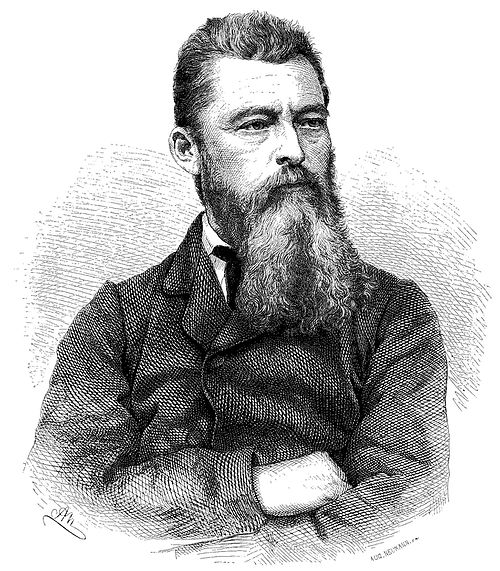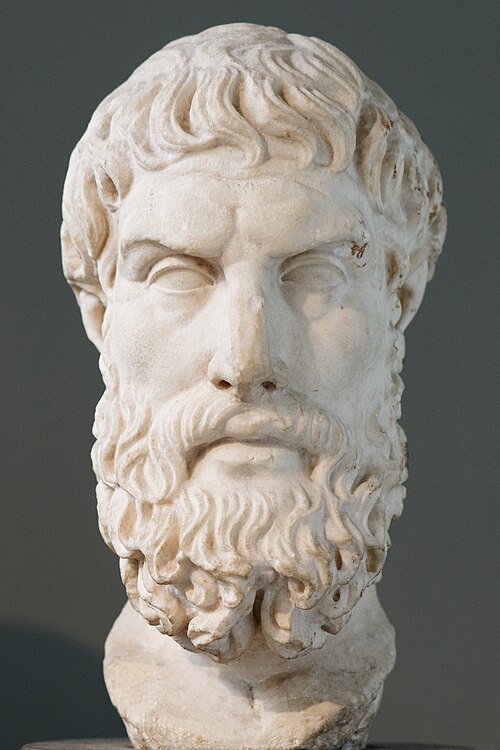Atheismnoun
(narrowly) Belief that no deities exist (sometimes including rejection of other religious beliefs).
Atheismnoun
(broadly) Rejection of belief that any deities exist (with or without a belief that no deities exist).
Atheismnoun
(very broadly) Absence of belief that any deities exist (including absence of the concept of deities).
Atheismnoun
(historical) Absence of belief in a particular deity, pantheon, or religious doctrine (notwithstanding belief in other deities).
Atheismnoun
The disbelief or denial of the existence of a God, or supreme intelligent Being.
Atheismnoun
Godlessness.
Atheismnoun
the doctrine or belief that there is no God
Atheismnoun
a lack of belief in the existence of God or gods
Atheismnoun
disbelief or lack of belief in the existence of God or gods.
Atheism
Atheism, in the broadest sense, is an absence of belief in the existence of deities. Less broadly, atheism is a rejection of the belief that any deities exist.
Humanismnoun
The study of the humanities or the liberal arts; literary (especially classical) scholarship.
Humanismnoun
Specifically, a cultural and intellectual movement in 14th-16th century Europe characterised by attention to classical culture and a promotion of vernacular texts, notably during the Renaissance.
Humanismnoun
An ethical system that centers on humans and their values, needs, interests, abilities, dignity and freedom; especially used for a secular one which rejects theistic religion and superstition.
Humanismnoun
Humanitarianism, philanthropy.
Humanismnoun
Human nature or disposition; humanity.
Humanismnoun
The study of the humanities; polite learning.
Humanismnoun
A doctrine or ethical point of view that emphasizes the dignity and worth of individual people, rejects claims of supernatural influences on humans, and stresses the need for people to achieve improvement of society and self-fulfillment through reason and to develop human-oriented ethical values without theism.
Humanismnoun
the doctrine that people's duty is to promote human welfare
Humanismnoun
the doctrine emphasizing a person's capacity for self-realization through reason; rejects religion and the supernatural
Humanismnoun
the cultural movement of the Renaissance; based on classical studies
Humanism
Humanism is a philosophical stance that emphasizes the potential and agency of human beings, individually and socially. It considers human beings as the starting point for serious moral and philosophical inquiry.

















